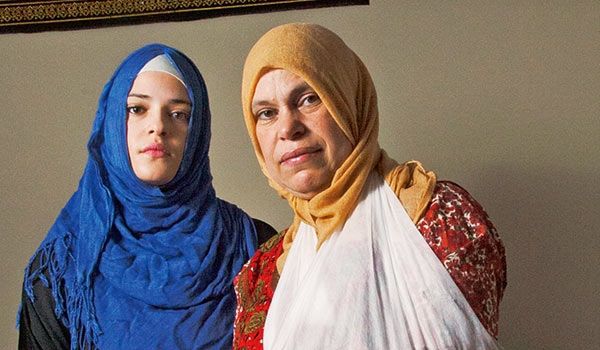[symple_box]![]() Heshmat Alavi is a political activist and supporter of peace , freedom and Democracy. He invites you to follow him on Twitter at: @HeshmatAlavi [/symple_box]
Heshmat Alavi is a political activist and supporter of peace , freedom and Democracy. He invites you to follow him on Twitter at: @HeshmatAlavi [/symple_box]

Those who were born around 2002 are now about to finish their high school and becoming adults. Nevertheless, the long string of deadlines and talks set, since 2002, between P5 and Iran, have not yet been able to extinguish Iranian Mullah’s desire for atomic bomb. International pressure, along with a bankrupt economy and, on top of all, the resistance inside the country, have forced the Mullahs to take some steps back. US governments and its allies, however, have failed to make the world safe and without a nuclear threat. According to London Economist, Iranian regime has spent over 300 milliard Dollars, so far, on its nuclear programs and does not seem to have any intension to desist. In fact suppression and terrorism together with longing for nuclear bomb are the three essential characteristics that the Iranian regime would not survive without them. As long as the U.S. and its allies are averting their eyes from the facts on the scene to appease the religious fascism, there will be no hope of a redeemer solution to bring security to the region.
The fact is that a bunch of negotiators sent by the Ayatollahs do not represent the Iranian people whose wealth is plundered for the nuclear project that has no use for them at all. Iran with its large reservoirs of gas and oil, at least for another thirty years or so, does not need any nuclear energy. Reaching an atomic bomb is only to keep this regime in power against the will of Iranian people.
The fact is that, long before the searching for atomic bomb, the Iranian regime itself, with its long record of terrorism and the grisly number of executions, is a threat for the global peace and security. The real confrontation is, indeed, between the regime of Ayatollahs and the people of Iran who, crumbled under this regime, are craving for their freedom and dignity. Fear of the Iranian resistance and another people’s uprising has disintegrated the regime into hostile fractions. The conflict is now portrayed by the strife within government over the fate of the nuclear talks.
Sitting face to face with Iran’s Zarif, Mr. Kerry might have said to himself,” if they torture and hang their people every day is their own business, we concentrate on the technical of the nuclear issue”. Not far from the negotiation sites, whether in Lausanne or New York, in the buildings of the United Nations this regime has, many times, been condemned for its immense violations of human rights and its terrorist activities. The principal party here is the Iranian masses and their organized resistance whose very first endeavor is a regime change.
Still, after thirteen years of negotiations, the words of Iran’s supreme leader, Ali Khamenei, that , “framework agreed with powers no guarantee of deal” show that Ayatollahs will never give up adventurism and cannot be trusted to halt probing for the nuclear bomb. A recent poll taken, in the United States, showed that Six in ten U.S. voters say Iran unlikely to honor nuclear agreement.
Although Mr. Obama still tries not to displease the negotiators on the other side of the table, but the past three decades of relations with Iran, including thirteen years of nuclear negotiations, together with the recent events in Syria, Iraq and In Yemen show that mollification policies have failed to keep a tight rein on the Mullahs. Firmness is the answer.





